What a coincidence: iPhone 16 Pro is too expensive for China's subsidy scheme

In China, there's a new program: consumers can buy electronics and get a subsidy. This new program, however, has largely excluded Apple’s latest iPhone Pro models. This means that domestic smartphone brands have got the opportunity to gain market share.
The program, announced by the National Development and Reform Commission and the Ministry of Finance, offers a 15% subsidy for smartphones, tablets, and smartwatches priced under 6,000 yuan ($818). However, the subsidy is capped at 500 yuan per item, and each consumer can only receive a discount for one product in each category, The South China Morning Post reports.
While the initiative is open to both domestic and foreign companies, Apple's premium iPhone 16 Pro and Pro Max models, priced at 7,999 yuan and 9,999 yuan respectively, fall outside the subsidy's price range. Only the base iPhone 16 model, which costs 5,999 yuan, and older iPhones from the 15 and 14 series meet the criteria as of now.
In China, the world’s largest smartphone market, competition is fierce among top domestic manufacturers like Vivo, Huawei, Xiaomi, Honor, and Oppo. These brands dominated the market in the third quarter of last year, according to Counterpoint Research. Apple is not having it easier right now.
The market share of foreign brands, including Apple, has dropped sharply. Data from the China Academy of Information and Communications Technology shows a 47.3% decline in shipments by foreign manufacturers, from 5.77 million units in November 2023 to 3.04 million units last year.
It's interesting to see what these figures will look like next year!
The program, announced by the National Development and Reform Commission and the Ministry of Finance, offers a 15% subsidy for smartphones, tablets, and smartwatches priced under 6,000 yuan ($818). However, the subsidy is capped at 500 yuan per item, and each consumer can only receive a discount for one product in each category, The South China Morning Post reports.
In China, the world’s largest smartphone market, competition is fierce among top domestic manufacturers like Vivo, Huawei, Xiaomi, Honor, and Oppo. These brands dominated the market in the third quarter of last year, according to Counterpoint Research. Apple is not having it easier right now.
Ivan Lam, a senior analyst at Counterpoint, noted that the policy primarily benefits Chinese manufacturers by stimulating broader domestic consumption. While Apple remains eligible for the program with its lower-priced models, the brand targets high-end consumers who are less influenced by subsidies. Older iPhone models priced under 6,000 yuan may see a slight sales boost, but they still face stiff competition from high-end Chinese smartphones.
The market share of foreign brands, including Apple, has dropped sharply. Data from the China Academy of Information and Communications Technology shows a 47.3% decline in shipments by foreign manufacturers, from 5.77 million units in November 2023 to 3.04 million units last year.
It's interesting to see what these figures will look like next year!

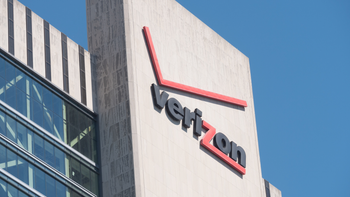
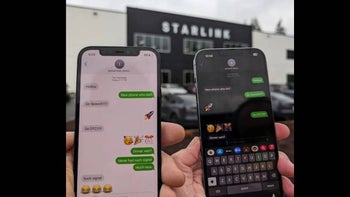
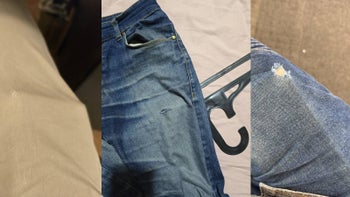
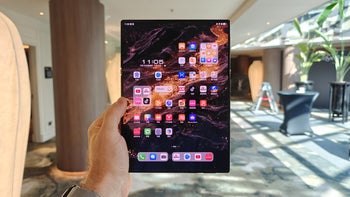

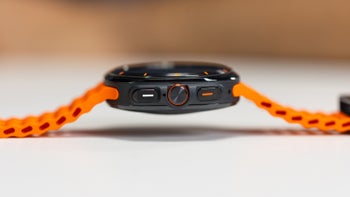
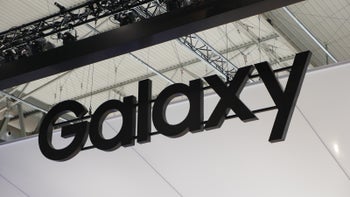
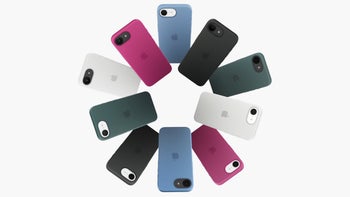
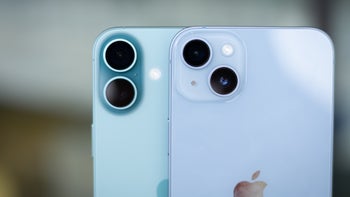

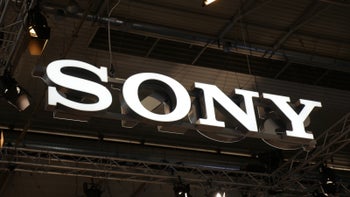
Things that are NOT allowed: